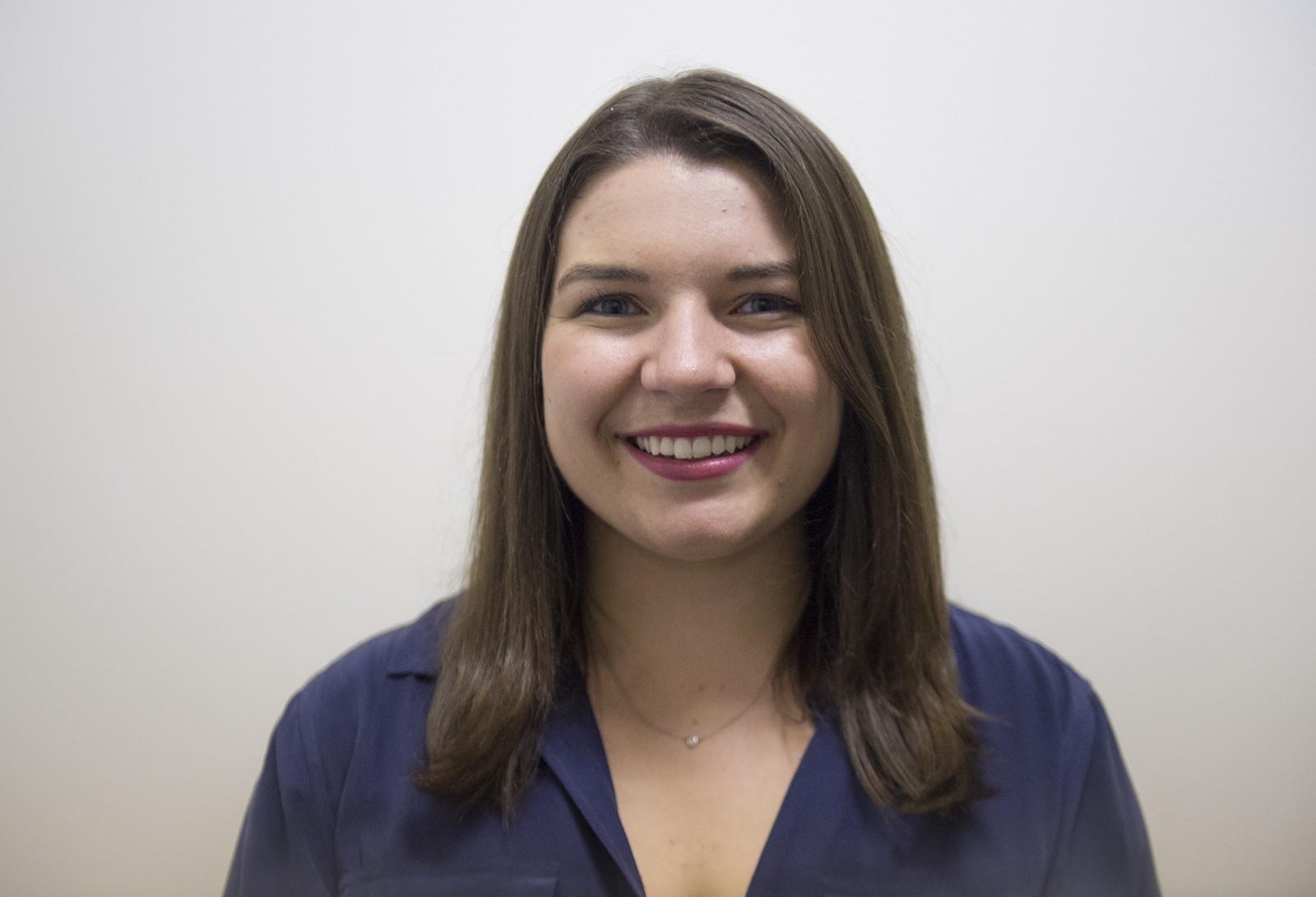“Lemonade” was the reason I didn’t curse out my ex. Following the events of my sophomore spring semester, which would give enough material to sustain any soap opera for the next decade, I found myself searching for a release. My turn to “Lemonade” was a desire to make sense of these events and to search for commonality. Although I can’t compare my experiences to those of Beyoncé, there was an empathy I felt toward her anger, distrust, betrayal and ultimate strength and empowerment. She had fueled her feelings into the act of creating art, guiding me to the realization that I had better outlets for my anger than unleashing it on him. Her album proved something I always inherently knew — sometimes when our relationships with people fail, we create ones with music.
Relationships and music go together like John Hughes and romantic clichés. Without playing too much into those clichés, music has been the soundtrack to my relationships. Frank Sinatra sang in the car during hometown drives with my best friend. Taylor Swift added backup vocals to my boy-crazy school days. David Bowie kept my head in the sky with the guy I was seeing my freshman year. My first consciousness of age came when I was eight with “Landslide” when I realized I was getting older, too. I’ve broken emotional reserves to “Wild Horses,” I fell for a boy during the listening of “Abbey Road” and I used to line the entries of my diary with songs that I believe had summed up the sentiments of the day. They repeated the theme of heartbreak and not being understood as a teen.
At the age of nine, I thought I disappointed my father when he faced me during “Behind Blue Eyes” and sang “and I blame you!” Once I had recovered from the accusation and resolved I wasn’t guilty, I realized the power music has over people. Songs can make someone bust a move, belt out the highest notes they can or remember a lost lover or friend. The records that play in the background of the moments of our lives become the mental record of those people or that time.
One remembers a time where couples would burn mixtapes or share records. Music has always been pivotal to relationships, through the acknowledgment of a common love. When I was younger, I used to fall for the boys who shared a love of rock n’ roll. Something about knowing the same words that I did and reaching for the same feelings appealed to me. This hasn’t changed very much, although I’ve added hip-hop, rap and country to my list. I believed that if someone shared a love for a band or an album, there would always be that mental connection. Either continuously rooted in naivety or optimism, I still believe this.
Not all the connections I have with music are positive ones. Def Leppard’s “Bringin’ on the Heartbreak” played as I embraced a boy and thought about how much I missed the one that came before him. The irony of the situation was not lost on me. Iron Maiden’s “The Trooper” always reminds me of my camp counselor who died as he lived, reaching for things he couldn’t hold, going places people couldn’t follow. Paul McCartney’s ode to John Lennon on “Here Today” painfully reminds me that I missed my grandfather’s funeral. So it goes.
We form relationships with songs and albums the same way we form them with people. We attribute them to places and times, using them as a form of remembrance. Either rooted in nostalgia or a desire to stop time, we turn to music to remind us of a piece of humanity we misplaced. We also attribute certain songs to certain people. We subconsciously attach pieces of people to the songs we’ve heard. When we listen to that song, album or artist, we transport ourselves to memories with that person. Sometimes they provide the framework for heartbreak, others serve as an instruction guide to get through it. Maybe the combination of rock n’ roll and ‘90s rap will be the right outlet for your anger.
The Rolling Stones got me through my last heartbreak. Beyoncé, the one before that. Mumford and Sons following suit. I can’t describe it, but there’s a universality to the feelings we find in music, one where we validate the fact that we’re not the first to feel like this and we won’t be the last. To sing along with the voices of the past, to feel the things they felt is a powerful tool. Johnny Cash writes in his book “Forever Words: The Unknown Poems,” “You tell me that I must perish / Like the flowers that I cherish / Nothing remaining of my name / Nothing remembered of my fame / But the trees that I planted / Still are young / The songs I sang / Will still be sung.”























































































































